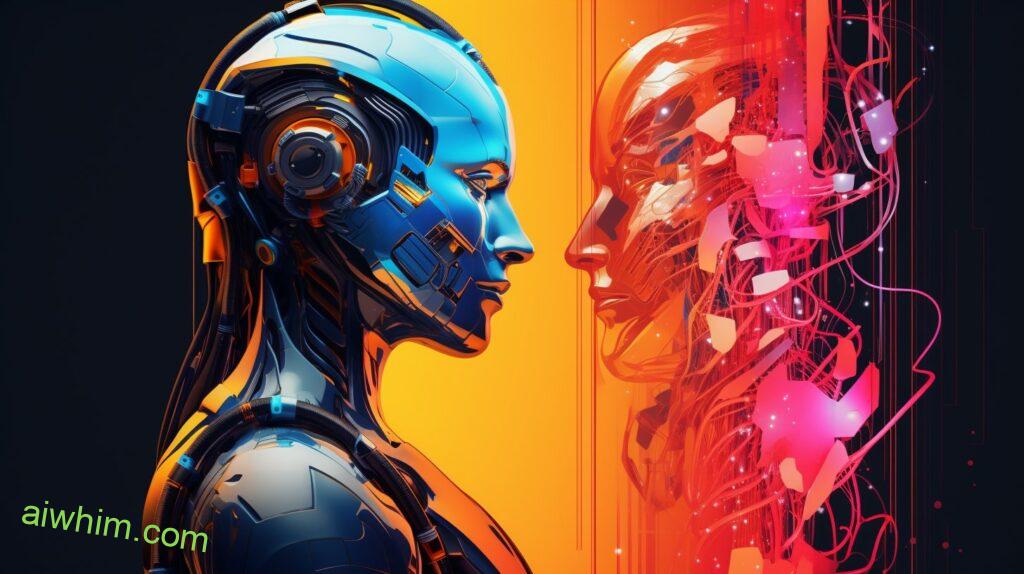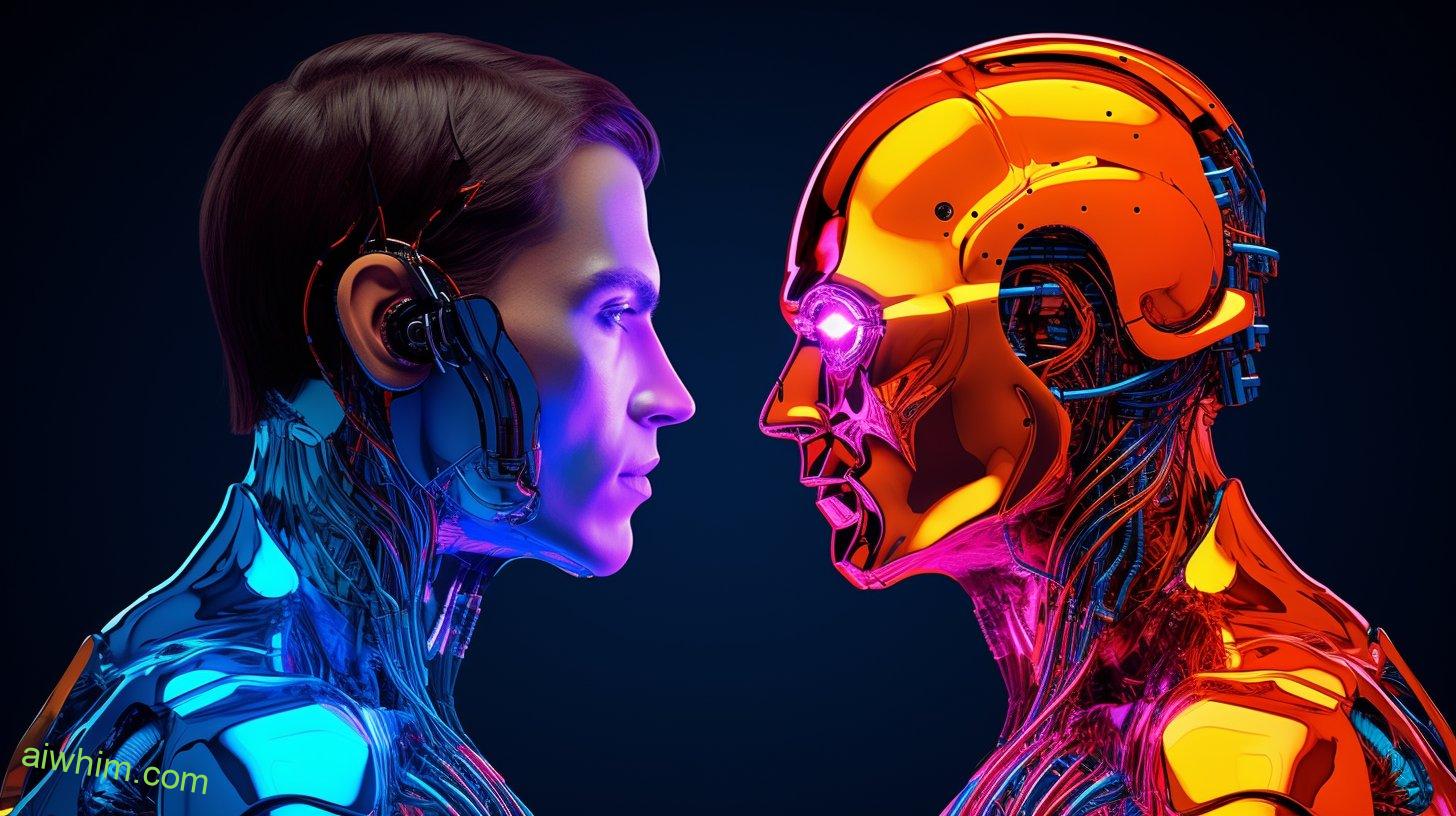Imagine a world where artificial intelligence threatens your career as a mental health counselor. Will AI’s rise in the field pose a serious threat to your livelihood?
As technology advances, it’s crucial to understand the potential impact of AI on mental health counseling. In this article, we’ll explore the advantages of AI in supporting treatment, ethical considerations, and why AI can never fully replace the human touch.
Discover how to embrace AI as a tool for enhancing mental health care while navigating the challenges it presents.
Key Takeaways
- Integration of AI in mental health care can lead to more accurate and objective assessments.
- Trust building between clients and AI technology is crucial for effective implementation.
- Human oversight and intervention are necessary in AI-assisted mental health counseling.
- AI should be seen as a complementary tool to augment and support mental health professionals, rather than a replacement.

The Rise of AI in Mental Health Care
As a mental health counselor, you may be concerned about the rise of AI in mental health care. The integration of artificial intelligence in mental health assessment and AI-powered interventions in mental health care is a topic that has been gaining attention in recent years. AI has the potential to revolutionize the field by offering new tools and techniques to enhance the quality and efficiency of mental health services.
AI in mental health assessment refers to the use of machine learning algorithms and natural language processing to analyze large amounts of data and identify patterns that may indicate mental health conditions. These AI systems can analyze text and speech, allowing for more accurate and objective assessments. This can be particularly helpful in cases where individuals may not feel comfortable sharing their thoughts and feelings with a human counselor.
Additionally, AI-powered interventions in mental health care have the potential to provide personalized and accessible support to individuals. Virtual therapists, chatbots, and mobile applications are being developed that can deliver evidence-based interventions and provide ongoing support for mental health concerns. These interventions can be accessed anytime and anywhere, providing individuals with the freedom to seek help on their terms.
While AI in mental health care offers many benefits, it’s important to note that it isn’t meant to replace human counselors. The human touch, empathy, and understanding that mental health counselors provide are irreplaceable. AI should be seen as a complementary tool that can enhance the work of mental health professionals and improve the overall quality of care.

Understanding the Potential Impact of AI on Mental Health Counseling
You should consider the potential impact of AI on the field of mental health counseling. As technology continues to advance, AI has the potential to revolutionize the way we approach mental health treatment.
Here are some key points to keep in mind:
- Potential limitations of AI in mental health counseling: While AI can provide valuable insights and support, it’s important to recognize its limitations. AI may struggle with understanding complex emotions and nuances that are crucial in mental health counseling. Human connection and empathy can’t be replaced by technology alone.
- The role of trust in AI assisted mental health treatment: Trust is a fundamental aspect of any therapeutic relationship. When it comes to AI, building trust may be a challenge. Clients may have concerns about the confidentiality and reliability of AI systems. Developing trust between clients and AI technology will be crucial for its successful integration into mental health counseling.
- The need for human oversight and intervention: AI should be seen as a tool to enhance the work of mental health counselors, rather than a replacement for them. Human oversight and intervention are necessary to ensure the accuracy and ethical use of AI in mental health treatment. An interdisciplinary approach, combining the expertise of mental health professionals and AI specialists, will be essential.
As we navigate the potential impact of AI on mental health counseling, it’s important to approach this technological advancement with caution. While AI has the potential to offer new possibilities and efficiencies, it’s vital to recognize its limitations and the importance of human connection in the field of mental health counseling.
Trust, oversight, and collaboration will be key in harnessing the power of AI while ensuring the best possible care for individuals seeking mental health support.

The Advantages of AI in Supporting Mental Health Treatment
By utilizing AI in the field of mental health treatment, you can gain access to a wide range of data and insights that can enhance the effectiveness and efficiency of your practice. AI has numerous advantages when it comes to supporting mental health treatment. Firstly, it can provide valuable insights into patient behavior and patterns that may not be easily recognizable to the human eye. AI algorithms can analyze large amounts of data, helping you identify trends and correlations that can inform your treatment decisions.
Additionally, AI can offer personalized interventions and support. Through machine learning, AI can adapt and tailor treatment plans to individual patients, considering their unique needs and preferences. This level of personalization can lead to more effective outcomes and higher patient satisfaction.
Another advantage of AI in mental health treatment is its ability to provide continuous support and monitoring. AI-powered chatbots or virtual assistants can offer round-the-clock assistance, providing immediate responses and resources to patients in need. This can be particularly beneficial for individuals who may not have access to traditional mental health services or who prefer the anonymity of online support.
However, it is important to acknowledge the limitations of AI in mental health treatment. While AI can provide valuable insights, it should not replace the human connection and empathy that is crucial in the therapeutic relationship. AI should be seen as a tool to augment and support mental health professionals, rather than a substitute for their expertise.
Here is an example of a table that illustrates the advantages and limitations of AI in mental health treatment:
| Advantages | Limitations |
|---|---|
| Provides valuable insights into patient behavior | Should not replace human connection and empathy |
| Offers personalized interventions and support | Relies on accurate input and data |
| Provides continuous support and monitoring | May not be suitable for all individuals |
| Can analyze large amounts of data and identify trends | Requires ongoing maintenance and updates |

Ethical Considerations in AI-Assisted Mental Health Counseling
When considering the integration of AI in mental health counseling, it’s important for professionals to carefully examine the ethical implications and potential risks involved. AI has the potential to greatly enhance the field of mental health counseling, but it’s crucial to ensure that patient confidentiality and ethical considerations are given the utmost importance.
Here are some key ethical implications to consider when using AI in mental health counseling:
- Patient Confidentiality: AI systems have the ability to collect and store vast amounts of personal data, including sensitive information about a patient’s mental health. It’s essential to have robust security measures in place to protect this data and ensure patient confidentiality is maintained.
- Autonomy and Informed Consent: When using AI in mental health counseling, it’s important to respect the autonomy and agency of the patient. They should be fully informed about the use of AI and have the right to give or withhold consent for its use in their treatment.
- Bias and Fairness: AI systems are trained on data, and if that data is biased, it may result in biased recommendations or treatments. It’s crucial to regularly assess and address any biases in AI systems to ensure fairness and avoid perpetuating existing inequalities.
As mental health professionals, it’s your responsibility to carefully navigate these ethical considerations when integrating AI into your practice. By doing so, you can harness the potential benefits of AI while safeguarding patient confidentiality and upholding the principles of ethical mental health counseling.

The Human Factor: Why AI Can’t Replace Human Counselors
While AI has the potential to enhance certain aspects of mental health counseling, the human factor remains essential in providing personalized and empathetic care. AI may have its limitations in the field of mental health counseling, and that’s where human connection plays a crucial role.
As an individual seeking freedom and guidance in your mental health journey, you understand the importance of a human connection. The limitations of AI in mental health counseling are evident when it comes to truly understanding and empathizing with the complex emotions and experiences you might be going through. While AI can analyze data and provide recommendations based on patterns, it lacks the ability to deeply understand your unique circumstances and emotions.
Human counselors, on the other hand, bring a depth of experience, intuition, and empathy that AI simply can’t replicate. They can provide personalized care by creating a safe and non-judgmental space for you to express your thoughts and feelings. Through active listening and genuine empathy, human counselors can provide the emotional support and guidance you need to navigate your mental health challenges.
Additionally, the human factor in counseling allows for a collaborative and dynamic relationship. Counselors can adapt their approach and techniques based on your individual needs and preferences. They can provide real-time feedback, offer validation, and work with you to develop coping strategies that are tailored to your unique circumstances.
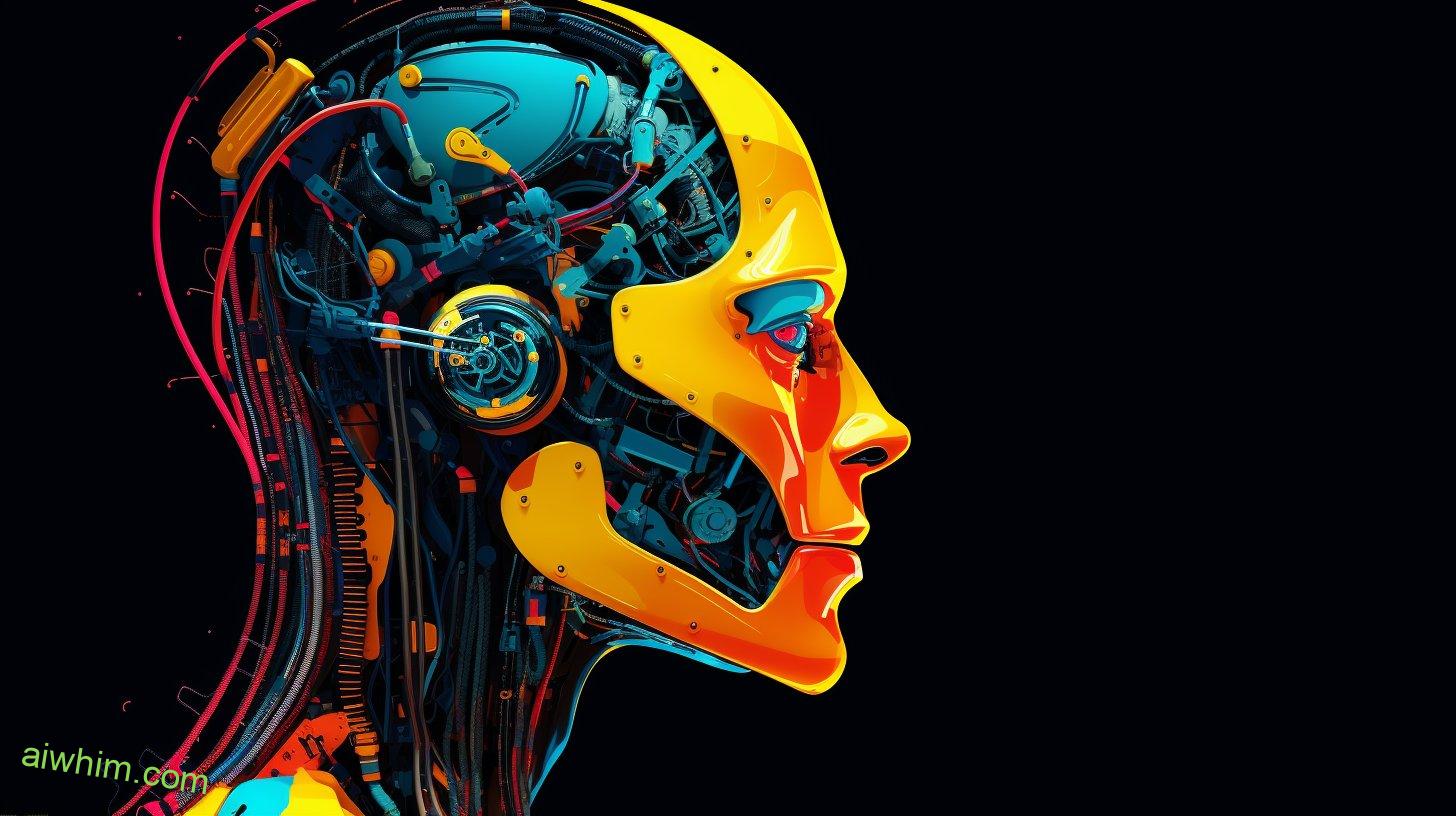
AI and the Future of Mental Health Counseling
As you look ahead, envision a future where AI technology enhances the field of mental health counseling, providing new opportunities for personalized and effective care. With AI applications in mental health counseling, the possibilities are endless. Here are a few ways AI technology could revolutionize therapy:
- Virtual therapy sessions: Imagine being able to access therapy from the comfort of your own home, through virtual reality platforms. AI technology could facilitate virtual therapy sessions, allowing individuals to receive counseling in a convenient and private setting.
- Personalized treatment plans: AI algorithms have the potential to analyze vast amounts of data, enabling mental health counselors to develop personalized treatment plans for each individual. By considering a person’s unique characteristics, experiences, and needs, AI technology can assist in providing more tailored and effective therapy.
- Mental health monitoring: AI technology can be used to monitor and analyze a person’s mental health on an ongoing basis. By collecting data from wearable devices or smartphone apps, AI algorithms can detect patterns, identify potential triggers, and provide early interventions, ultimately enhancing the overall mental well-being of individuals.
With AI technology in therapy, the future of mental health counseling holds great promise. However, it’s important to note that while AI can enhance the field, it can’t replace the human factor. The empathy, understanding, and connection that human counselors provide are irreplaceable. AI can be a valuable tool, but it should always work in conjunction with human counselors to ensure the highest quality of care.
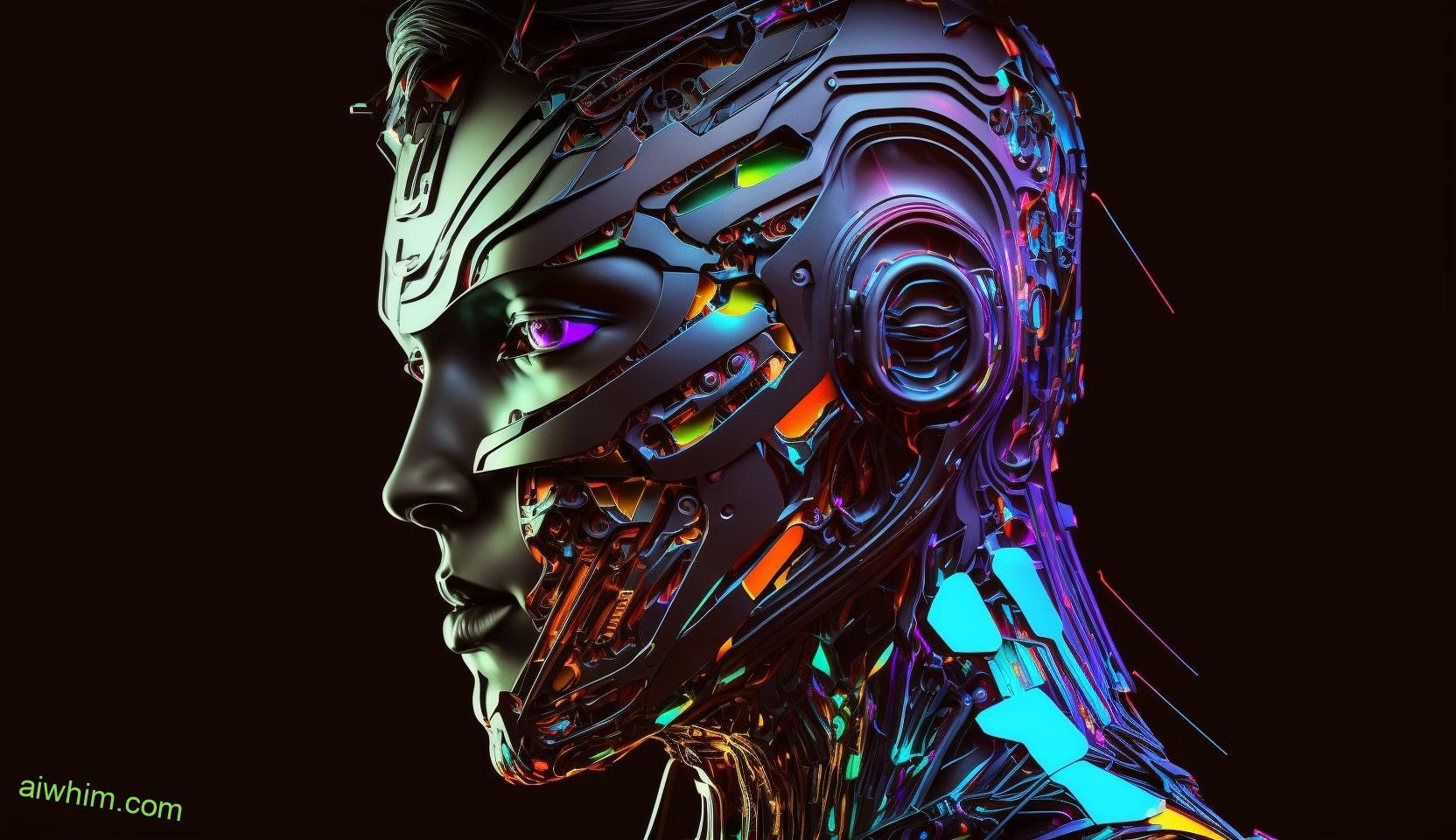
Embracing AI as a Tool for Enhancing Mental Health Care
Embracing AI technology as a tool can greatly enhance the quality of care in the field of mental health. AI and therapist collaboration can lead to more effective and personalized treatment options. By utilizing AI technology, mental health professionals can gather and analyze vast amounts of data, allowing them to make more informed decisions about treatment plans.
AI can assist therapists in several ways, including the analysis of patient data, the identification of patterns and trends, and the provision of real-time insights. This collaboration between AI and therapists can lead to more accurate diagnoses and treatment recommendations, ultimately improving patient outcomes.
In addition to AI and therapist collaboration, AI can also play a crucial role in providing personalized treatment. Each individual’s mental health journey is unique, and AI has the potential to tailor treatment plans to meet specific needs. By leveraging AI algorithms, therapists can develop personalized interventions that take into account a person’s history, preferences, and goals.
To illustrate the potential benefits of AI in mental health care, consider the following table:
| AI and Therapist Collaboration | AI and Personalized Treatment |
|---|---|
| – Data analysis and interpretation | – Tailored treatment plans |
| – Identification of patterns and trends | – Personalized interventions |
| – Real-time insights | – Consideration of individual history, preferences, and goals |

Addressing the Challenges of AI Integration in Mental Health Counseling
You may encounter challenges when integrating AI technology into your counseling practice, but with proper training and support, you can effectively navigate and overcome them. AI has the potential to revolutionize mental health counseling, but there are a few hurdles you might face along the way.
- Resistance to change: Some clients may be skeptical or hesitant about incorporating AI into their therapy sessions. It’s important to address their concerns and educate them about the benefits and limitations of AI in mental health care.
- Data privacy and security: Implementing AI technology means collecting and storing sensitive client data. Ensuring that this information is protected and adhering to ethical guidelines is crucial. You must be well-versed in data privacy regulations and take necessary precautions to prevent any breaches.
- Ethical implications: AI systems are programmed to make decisions based on algorithms and data analysis. However, this raises ethical concerns, such as potential bias or discrimination in the decision-making process. It’s essential to critically evaluate and monitor the AI tools you use to ensure they align with ethical standards and don’t harm your clients.
To address these challenges, you should seek proper training and support. Stay updated on the latest developments in AI technology and its applications in mental health counseling. Engage in discussions with colleagues and experts to gain insights and perspectives. Additionally, collaborate with AI developers and data security professionals to ensure compliance with ethical standards and safeguard client information.
Embracing AI in mental health counseling can enhance your practice, but it requires careful consideration of the challenges in implementation and ethical implications. With proper training and support, you can effectively integrate AI technology into your counseling practice while upholding ethical standards and providing quality care to your clients.
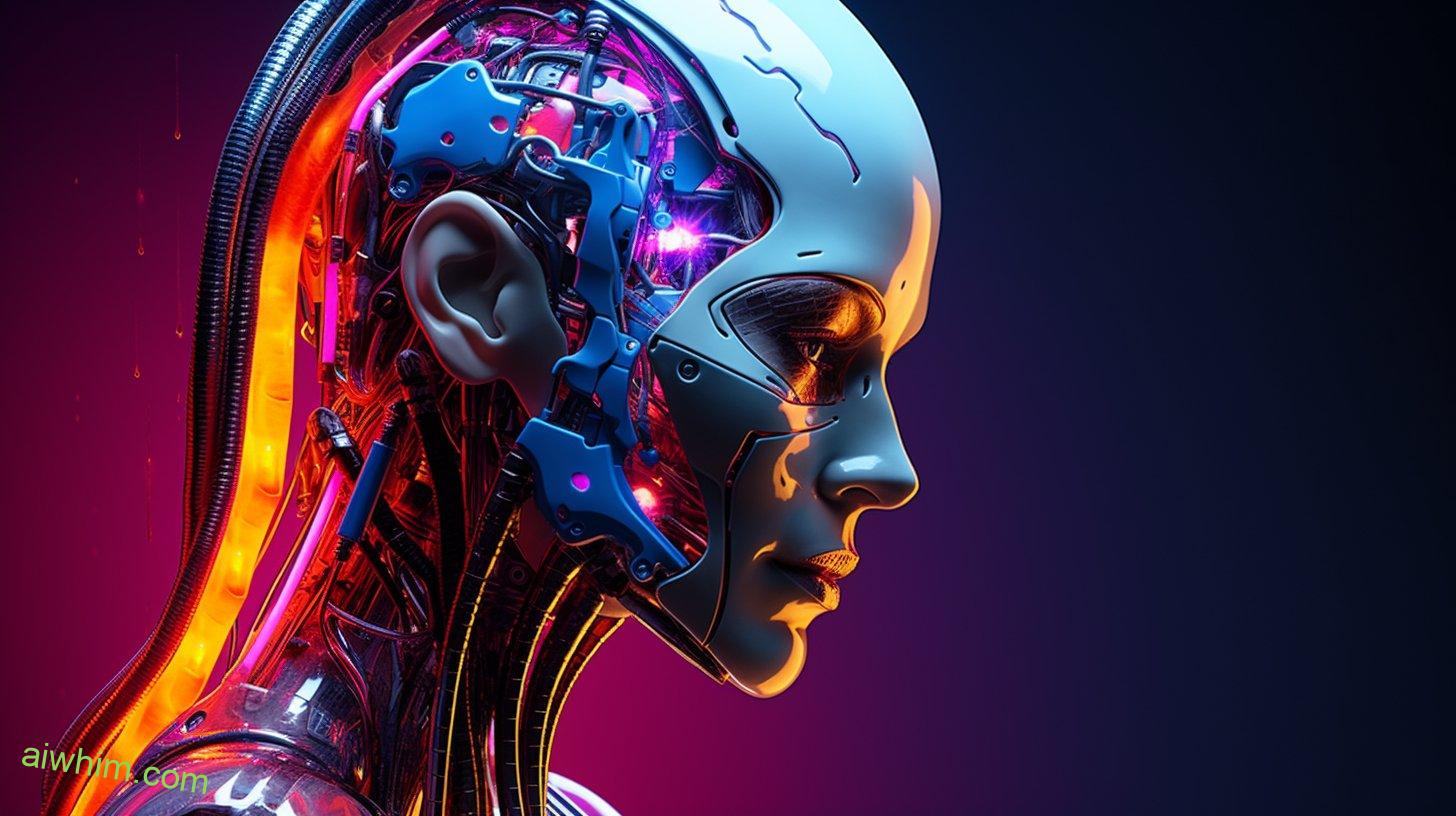
Navigating the intersection of AI and human empathy requires a careful balance between utilizing technological advancements and maintaining the personal connection between counselors and clients. AI has the potential to greatly improve mental health outcomes by providing efficient and accessible therapy options. With AI, individuals can access therapy anytime, anywhere, and receive personalized support tailored to their specific needs. This can be especially beneficial for those who may have limited access to traditional counseling services.
However, it’s important to be cautious of the potential pitfalls of AI in therapy. While AI can provide valuable support, it shouldn’t replace the human element of counseling. Empathy and understanding are key components of effective therapy, and it’s essential to maintain the personal connection between counselors and clients. AI can assist in gathering data and providing insights, but it can’t fully replace the depth of human interaction and emotional support.
One potential pitfall of relying too heavily on AI in therapy is the risk of dehumanizing the counseling process. Therapy is a deeply personal and vulnerable experience, and it requires a human touch to create a safe and trusting environment. AI may lack the ability to truly understand and empathize with the complexities of human emotions and experiences.
In addition, there’s the concern of privacy and security when it comes to AI in therapy. Sharing personal and sensitive information with AI systems raises questions about data privacy and confidentiality. It’s crucial to ensure that proper safeguards are in place to protect the privacy and well-being of clients.

Frequently Asked Questions
What Are the Specific Ethical Considerations That Come With Using AI in Mental Health Counseling?
When using AI in mental health counseling, it is important to consider the ethical implications. These considerations include ensuring client privacy, maintaining human connection, and addressing potential biases in the AI system. Such ethical concerns impact the practice of mental health counselors.
How Can Mental Health Counselors Embrace AI as a Tool Without Feeling Threatened by It?
Embracing AI as a tool doesn’t mean feeling threatened by it. Instead, mental health counselors can find ways to navigate the ethical implications while leveraging the benefits of AI integration in their practice.
Is There a Possibility That AI Could Completely Replace Human Counselors in the Future?
In the future, AI’s impact on job security may raise concerns about the future role of human counselors. However, it’s important to remember that embracing AI as a tool can bring new opportunities rather than posing a threat.
What Are the Challenges That Mental Health Counseling Professionals Might Face When Integrating AI Into Their Practice?
When integrating AI into your practice, challenges may arise. The integration might bring changes in the dynamics of therapy sessions, requiring you to adapt and find new ways to connect with your clients.
How Can AI Assist in Enhancing Mental Health Care Without Sacrificing the Importance of Human Empathy in Counseling?
AI can assist in enhancing mental health care by providing valuable insights and data analysis. It can augment the counselor’s role, but maintaining human empathy is crucial. AI should be seen as a tool, not a replacement.

Conclusion
In conclusion, while AI has the potential to greatly enhance mental health care, it can’t replace the unique qualities that human counselors bring to the table.
Like a compass guiding a lost traveler, human empathy and understanding are essential in the counseling process.
AI can serve as a valuable tool, but it’s the human connection that truly makes a difference in the lives of those seeking mental health support.

